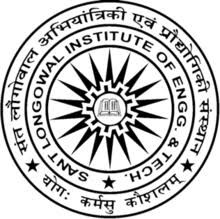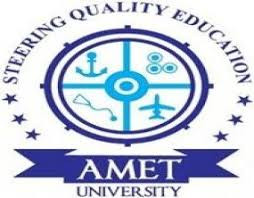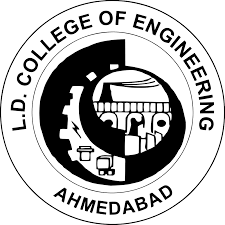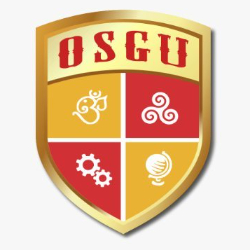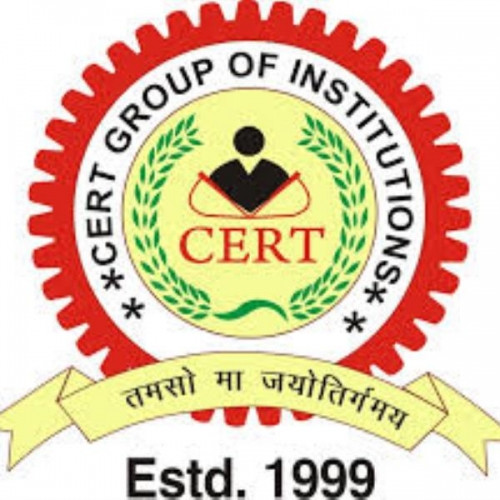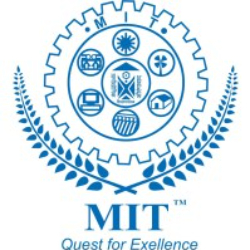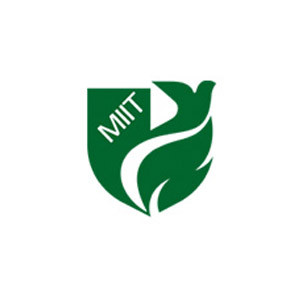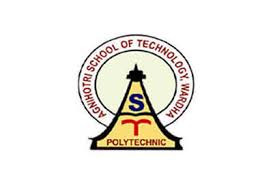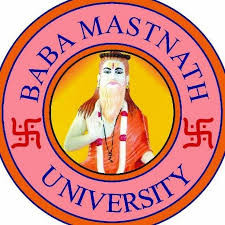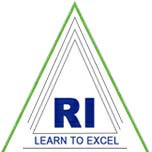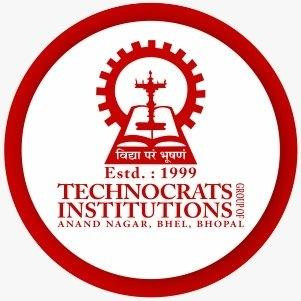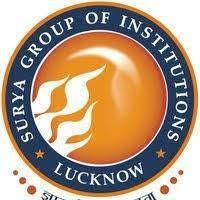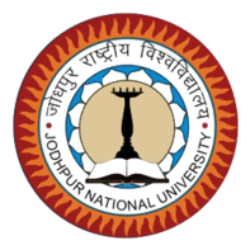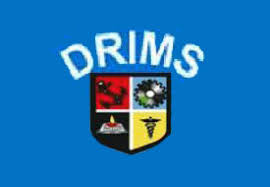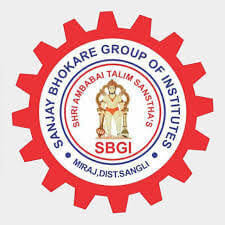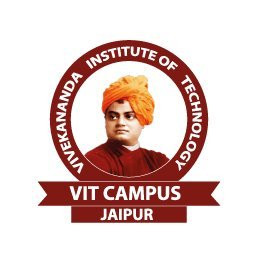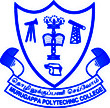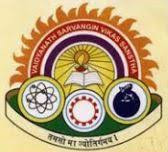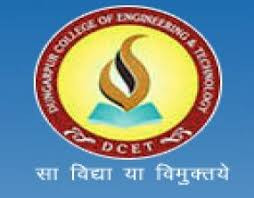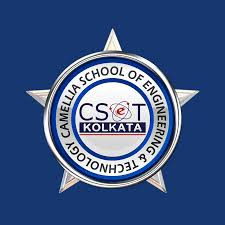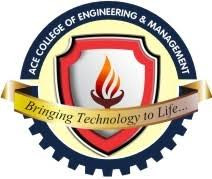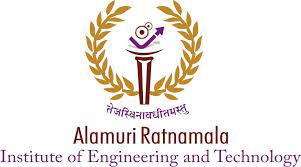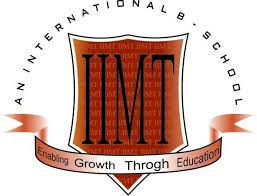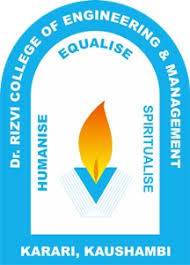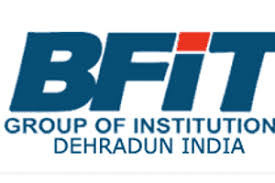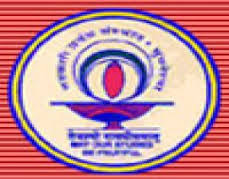Highlights: -
|
Course Name |
Diploma in Mechanical Engineering |
|
Level |
Diploma |
|
Duration of the course |
2 years (after 12th) - 3 years (after 10th) |
|
Eligibility |
Minimum 50% in 10th or 12th Passed (Lateral Entry) |
|
Education mode |
Full-time, Distance. |
|
Admission Process |
Merit as well as Entrance Exams |
|
Entrance Exams |
DET, AP DEECET, AP POLYCET, AP JEE (Diploma), State CET, State DET, PECE. |
|
Fees of the course |
Rs 10,000 – Rs 1.00 Lakhs |
Eligibility Criteria: -
- Candidates must complete their 10th exams from a recognised educational institute.
- A minimum of 50% to 60% aggregate marks is necessary for the candidates to apply for this course.
- Candidates can also apply after completing 12th in Science stream (for Lateral Entry)
Syllabus for Diploma in Mechanical Engineering:
The Diploma in Mechanical Engineering syllabus will vary from college to college, but the course aims and subjects shall remain the same. While pedagogy is the college's decision, the overall course curriculum is standardised for holistic education. Hence, the subject distribution over the syllabus may differ;but the study matter remains consistent. Nevertheless, candidates should check the official website to know the complete syllabus. Here is a general guide to Diploma Mechanical Engineering syllabus design, as commonly followed by Indian colleges:
|
Semester 1 |
Semester 2 |
|
Engineering Chemistry and Environmental Studies-1 |
Engineering Mathematics-2 |
|
Engineering Mechanics |
Engineering Physics-2 |
|
Engineering Drawing-1 |
Basic Electrical & Electronics Engineering |
|
Engineering Mathematics-1 |
Engineering Chemistry and Environmental Studies-2 |
|
Engineering Physics-1 |
Strength of Material |
|
English |
Physics Lab |
|
- |
Chemistry Lab |
|
- |
Engineering Drawing-2 |
|
- |
Workshop Technology |
|
Semester 3 |
Semester 4 |
|
Manufacturing Processes I |
Thermal Engineering-II |
|
Engineering Materials |
Principles of Electrical Engineering |
|
Mechanical Engineering Drawing |
Professional Practice-II |
|
Advanced Strength of Material |
Development of Life Skill-II |
|
Thermal Engineering-I |
Manufacturing Processes II |
|
Fundamentals of Electronics |
Theory of Machines & Mechanism |
|
Professional Practice-I |
- |
|
Semester 5 |
Semester 6 |
|
Fluid Mechanics & Machinery |
Design of M/C Elements |
|
Advanced Manufacturing Processes |
Industrial Management |
|
Measurement & Control |
Fluid Power |
|
Power Engineering |
Production Management |
|
Industrial Project & Entrepreneurship |
Elective 2 |
|
Computer Programming |
Project |
|
Professional Practice-III |
Professional Practice-IV |
|
Elective 1 |
General Viva |
Further studies after Diploma in Mechanical Engineering: -
- B.Tech in Mechanical Engineering.
- Certification Courses: - Assistive Design Certificate, CAD and Digital Manufacturing, Assistive Design Certificate, CAD and Digital Manufacturing, Certified Energy Manager, Certified Manufacturing Engineer, Certified Quality Engineer, Certified Systems Engineering Professional, Digital Manufacturing and Design Technology Certification.
- Short-Term Training Programs in Mechanical Engineering.
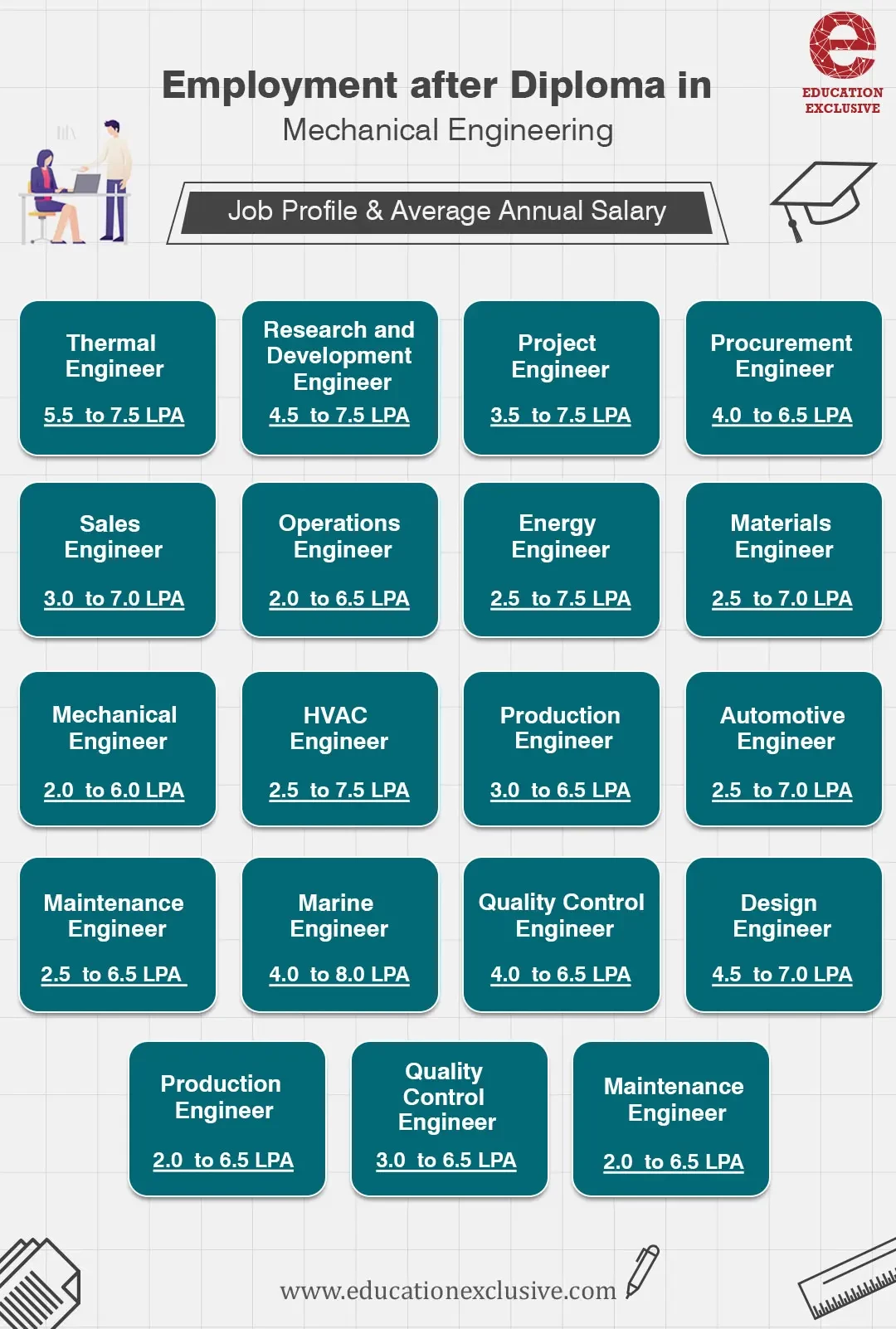
FAQs
- Is a Diploma in Mechanical Engineering a good course?
This is one of the most reputable and oldest engineering departments in the country. It is the best department for students interested in a career in engineering. In both private and public organisations, Diploma in Mechanical Engineering graduates receive high salaries.
- What is better, doing a Diploma in Engineering after the 10th or B.Tech/B.E after the 12th?
Both of the mediums are good but the Diploma holders have benefits. Because most of the Subjects of the B.Tech or B.E are covered in the Diploma course so it would be like a revision of the course thus we can say they have a better base for the course. Another benefit Diploma holders have is that they would have a job after the course and can pursue further higher study as part-time or distance learning.
- What are the top specialisations of Mechanical Engineering?
The top specialisations in Mechanical Engineering are Biomechanical Engineering, Controls, Design, Energy Science and Technology, Manufacturing, micro-Electromechanical System, and NanoEngineering.
- How many subjects are there in the Mechanical Engineering Diploma?
The Mechanical Diploma is divided into 6 semesters with 6 to 8 subjects in each semester, depending on the university.
- What is the scope of a Diploma in Mechanical Engineering?
The scope of Mechanical Engineering in India is vast, with opportunities available in various sectors like Automobile, Aerospace, Energy, Construction, and many more.
Other specialisation in Diploma: -
Diploma in Civil Engineering, Diploma in Information and Technology, Diploma in Aeronautical Engineering, Diploma in Electronics and Communication, Diploma in Automobile Engineering, Diploma in Chemical Engineering, Diploma in Instrumentation Engineering, Diploma in Production Engineering.


